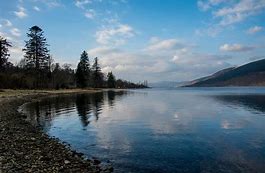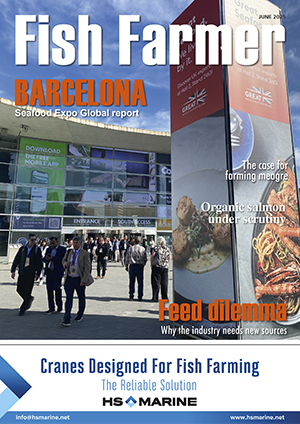Loch Fyne sticks to Scottish only salmon

Please register for FREE to continue reading Fish Farmer
Your FREE registration gives you access to all our content: news and feature articles, regular and special guest columnists, Fish Farmer Magazine e-editions, yearbooks, archives, videos and more
Marine Feed Technician (4 days on / 2 days off rotation) - Bakkafrost Scotland Limited
PA31 8TA£30,014.85 per annum
Assistant Farm Manager (Leven) - Mowi Scotland
Lochaber£36,169 to £38,995 per annum
Broodstock Electrical Engineer - Bakkafrost Scotland Limited
Langais£48,000 per annum
Head of Veterinary Services - Bakkafrost Scotland Limited
IV54 8XFSalary On Application
Marine Operative - Bakkafrost Scotland Limited
PA35 1AG£25,501.10 to £34,472.50 per annum
